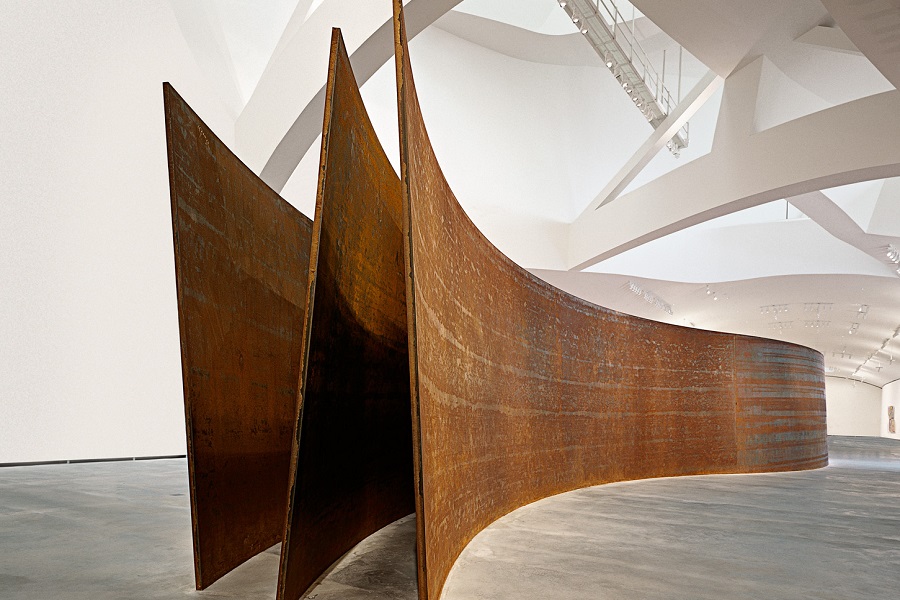
Visual art / Que será, Serra by Peter Vandermark. At Canberra Contemporary Art Space, Manuka, until October 20. Reviewed by SOPHIA HALLOWAY.
The title of Peter Vandermark’s exhibition Que será, Serra at Canberra Contemporary Art Space, Manuka is an instant hit of nostalgia.
It is a reference to the Doris Day song Que Será, Será (“Whatever will be, will be”), about a little girl who asks her mother what she will be when she grows up (a song which my own mother sang to me). Paired together with a reference to the American sculptor Richard Serra, the wordplay speaks to the humour Vandermark brings to his work and the artists who have influenced his three-decade long practice.
Vandermark is a Canberra-based artist who repurposes found objects and draws on the constructed environment to create abstract forms that probe at the intersection of external (architecture) and internal (design) spaces.
Alongside his practice, Vandermark has had a long career as an art handler and installer at Canberra institutions such as the National Gallery of Australia and Canberra Contemporary Art Space. His experience installing the work of other artists – including Serra – has given Vandermark an eye for bringing materials together in unexpected ways.
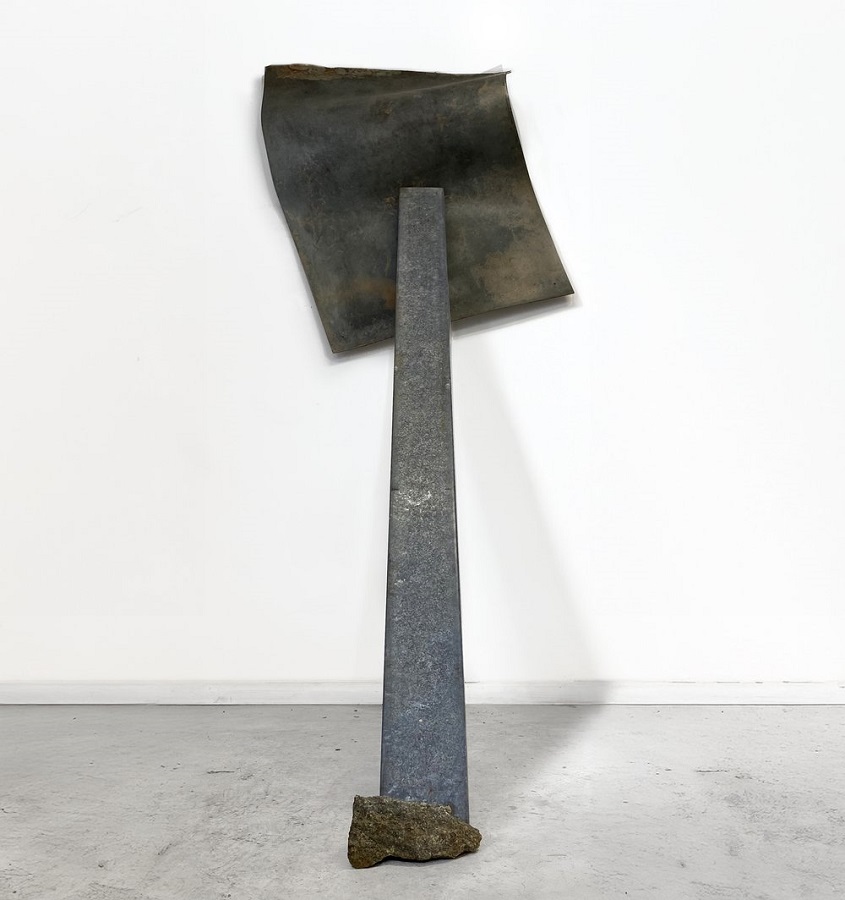
I initially read the titular work as a tribute to the late Richard Serra, who passed away in March. In reality, the work’s creation is far more organic and prolonged.
The work is comprised of found materials that Vandermark collected some years ago, nearby to his old studio at the Canberra Brickworks. The warped board initially appeared to Vandermark as a sheet of metal, but on closer inspection was more akin to melamine, warped by its exposure to the elements.
Vandermark carted this board and steel beam from studio to studio, waiting for the right idea to materialise. The destiny of these materials was realised when Vandermark thought to prop them up against the wall in an accidental homage to the late American sculptor. Vandermark lets the medium become whatever it will be.
The trump d’oeil effect of Vandermark’s medium, which at first appears to be something it is not, is a feature throughout the exhibition. Vandermark collects soft objects such as cushions and toys, which he straps up with found belts and paints in grey and black. The paint has the visual effect of something cast in metal, but this seemingly hard exterior belies a surface yielding to the touch. Vandermark’s Stay series of works appear tethered to their plinths by a chain of fishing tackle, invoking a sense of tension. The Space junk series is suspended from the ceiling, encouraging the viewer to consider yet another kind of spatial relationship.
The push-pull effect of the tethers and suspension references Vandermark’s interest in proxemics, the theory of human spatial relationships and the distance that people feel is necessary to put between themselves and others. Proxemics have been thrown into sharp relief by the COVID-19 pandemic, which has forever changed our collective experience of proximity to others, although Vandermark’s interest in the concept predates this time.
Que será, Serra is a study on how the dimensions and textures of our constructed environment influence our relationship to space, an exploration that Vandermark approaches with delightful softness and characteristic wit.
Who can be trusted?
In a world of spin and confusion, there’s never been a more important time to support independent journalism in Canberra.
If you trust our work online and want to enforce the power of independent voices, I invite you to make a small contribution.
Every dollar of support is invested back into our journalism to help keep citynews.com.au strong and free.
Thank you,
Ian Meikle, editor
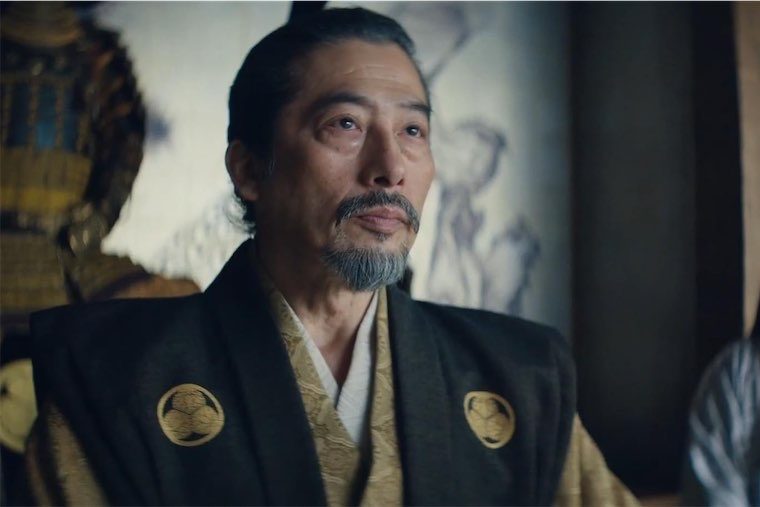
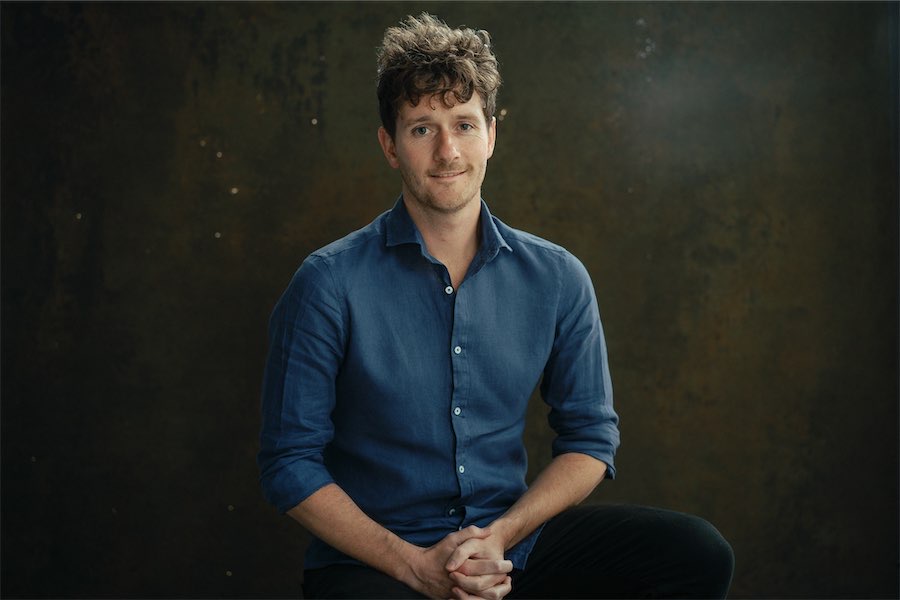
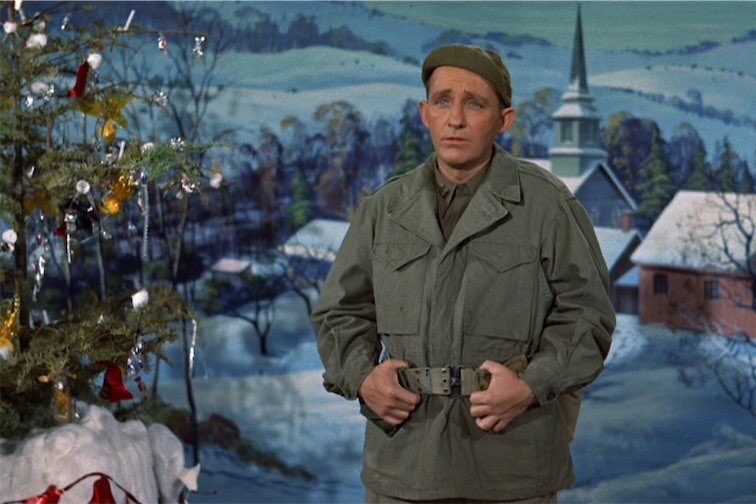

Leave a Reply